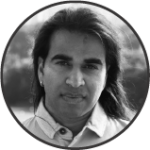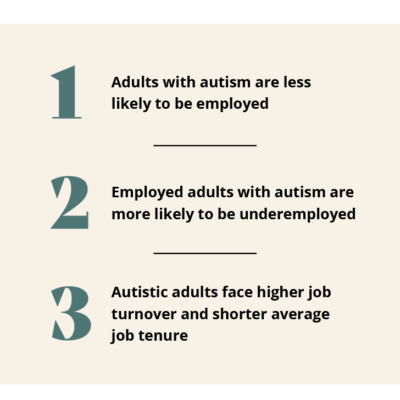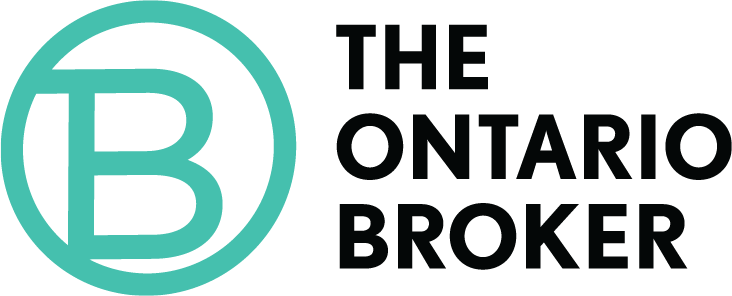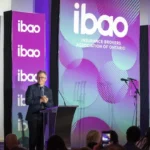

Ravi Thavanayagapathy—Business Process Coordinator, IBAO
With Diversity, Equity, and Inclusion (DEI) becoming more of a specialized field, it will become imperative that DEI practitioners address all forms of diversity, including neurodivergent people. So, what exactly is neurodivergent? Simply put, it means that people are wired differently, and that brain differences should be respected. This includes people with ADHD, autism, and dyslexia.
According to psychologist, Dr. Devon MacEachron, “Neurodiversity is a part of our genetics and our evolution as a species. The genes for autism and ADHD are not errors, but rather the result of variations in the human genome that have and will continue to have advances for society.” Dr. MacEachron explains that “one of the genes associated with ADHD, the DRD4 gene, is known as the novelty seeking gene. It arrived on the human evolutionary scene over 10,000 years ago.”
Novelty seeking from a neurodivergent lens can mean that there is a higher natural impulse to pursue exploratory and creative activities, new experiences, variety, including having an increased focus on specialized subjects. An employee with ADHD may find it difficult to stay engaged with mundane job duties and work environments, or traditional working conditions. This orientation toward being more novelty seeking can be advantageous for employers when it comes to understanding what meaningful work is. When we have meaningful work best suited for each of us, we all thrive, and more importantly we all feel the intrinsic reward in our day-to-day life.
Deloitte’s report, Embracing Neurodiversity at Work: How Canadians with Autism Can Help Employers Close the Talent Gap, shows that the autistic community in Canada is still very much under-represented:

As employers begin to comprehend neurodiversity, they’ll need to learn to provide supported employment that addresses flexibility, accommodation, and work tools in conjunction with custom business processes, modified job duties, company policy, and team dynamics to create a holistic work environment designed for a non-neurotypical mind.
Numerous research studies have suggested that there is a correlation between neurodivergent people and technology jobs. For example, research has shown that autistic students gravitate toward science, technology, engineering, and mathematics (STEM) fields. Neurodiversity presents an opportunity for business leaders to bring in unique talent, and not tapping into this talent pool means companies will indeed be missing out on skill sets that are highly valuable. However, we must also still be mindful and respectful to not only seek out neurodivergent candidates for STEM positions, but try to avoid perpetuating a stereotype just because there is some research data out there.
Neurodiverse people can also excel as entrepreneurs, artists, singers, athletes, in corporate roles, and blue-collar roles as well. When employers have come to this realization, then perhaps we can really put an end to the societal stigma that has oppressed and marginalized people with autism and others in the neurodivergent population.
Unfortunately, too often companies are eliminating neurodiverse people because their attributes are not matching a job profile, and a lot of times this flawed evaluation is solely determined by a candidate’s performance on a job interview. Traditional interviews can put neurodiverse people at a disadvantage because hiring managers are also evaluating body language and awareness of social cues. This kind of evaluation is a barrier to employment, especially when there is a real difficulty to be in alignment with such requirements, which may even include eliminating the candidates who were sweating profusely.
Dr. MacEachron believes it’s time the world sees the beauty and value in brain differences. She further states, “Neurodiversity might be every bit as crucial for the human race as biodiversity is for life in general. My vision is for a neurodiversity-tolerant and accepting society where differences are celebrated for the depth and dimension they bring to the human condition.”



